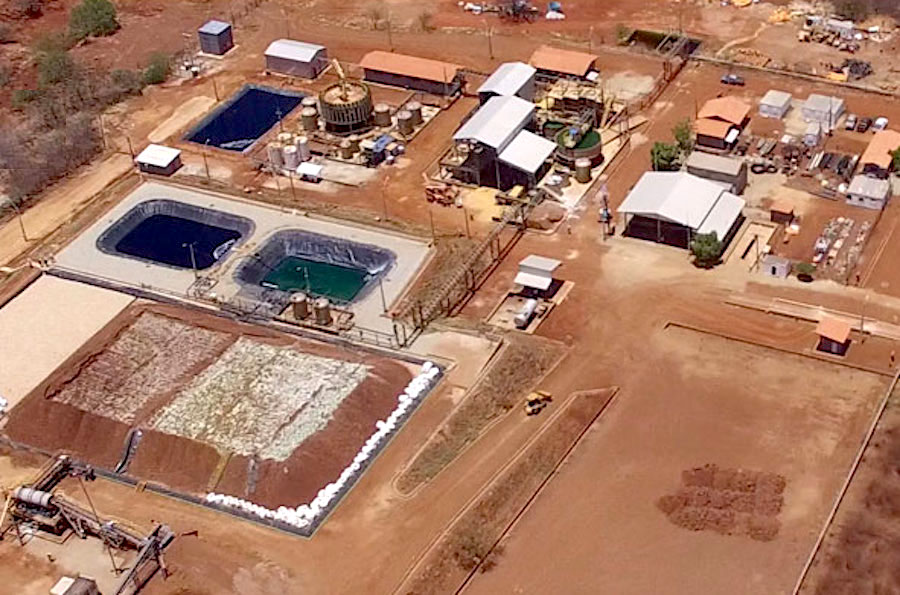
The UK-based private miner will convert the existing plant, which successfully demonstrated the recovery of nickel and cobalt from Piauí’s ore in 2016 and 2017, into a small scale operation. The facility is expected to produce about 1,400 tonnes of nickel and 35 tonnes of cobalt a year, contained in intermediate products.
The miner will convert the demonstration plant, which successfully recovered nickel and cobalt from Piauí’s ore in 2016 and 2017, into a small scale operation.
The subsequent full-scale project will allow Brazilian Nickel to increase the ore mining rate from 100,000 tonnes to 3 million tonnes a year, with annual production estimated at 25,000 tonnes of nickel and 900 tonnes of cobalt.
Clean energy initiatives are fueling demand for certain commodities, including nickel and cobalt, pushing companies to speed up projects.
Last week, Brazilian Nickel announced the final phase of a bankable feasibility study (BFS) for PNP and confirmed its intention to treat the ore by heap leaching. The announcement triggered mixed reactions among analysts.
Roskill’s Brian Ziswa said that while leaching has been successfully used in copper and gold mining, it has yet to be practically demonstrated as a “viable stand-alone route” in the nickel laterite sector.
One key advantage of heap leaching is that it has a lower capital intensity than high–pressure acid leach (HPAL) projects, Ziswa noted.
“Nickel laterite mining and processing, given the low grades typically less than 1.5% Ni, is energy-intensive compared to sulphide deposits with higher nickel grades and more simplistic processing flowsheets,” the expert wrote. “It is estimated that laterites emit four times as much CO2 equivalent emissions as sulphide ores per equivalent production in carbon emissions.”
Engineering and construction group SNC Lavalin, which is leading the project’s BFS, has said that ore processing at Piauí will have an “inherently low carbon dioxide footprint”, adding that there is further research underway to reduce or even fully eliminate carbon emissions.
US Gov’t backing
The Piauí project grabbed headlines in October after attracting a $25 million investment from the US government, through one of the proposed mine’s funding partners — battery metals investment company TechMet.
The $60 billion US International Development Finance Corporation (DFC) took the equity stake in TechMet as part of a push by former President Donald Trump to reduce the country’s reliance on supply chains dominated by China.
The DFC was formed in 2019 to provide an alternative to Beijing-led overseas finance in Asia, Africa and Latin America.
China processes around 65% of the world’s nickel and 82% of global cobalt for batteries, according to consultancy Benchmark Mineral Intelligence.
The backing to TechMet marked the first time DFC invested directly in a metals and mining company and the funds are already being used to bring Piauí into production.
TechMet was founded in 2017 by South African mining veteran Brian Menell, a former executive at Anglovaal and De Beers.
The company has investments in battery recycling company Li-Cycle, US Vanadium, Rainbow Rare Earths, Brazilian Nickel, and Tinco, a tin and tungsten company in Africa.
Tesla’s chief executive Elon Musk has urged global miners to increase production of nickel to meet the company’s plans to scale up battery production. The company and other carmakers are increasing the amount of nickel they use in their batteries, as the metal helps boost the range of electric vehicles.




